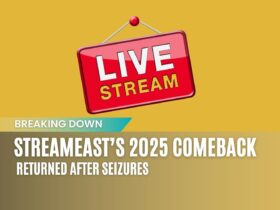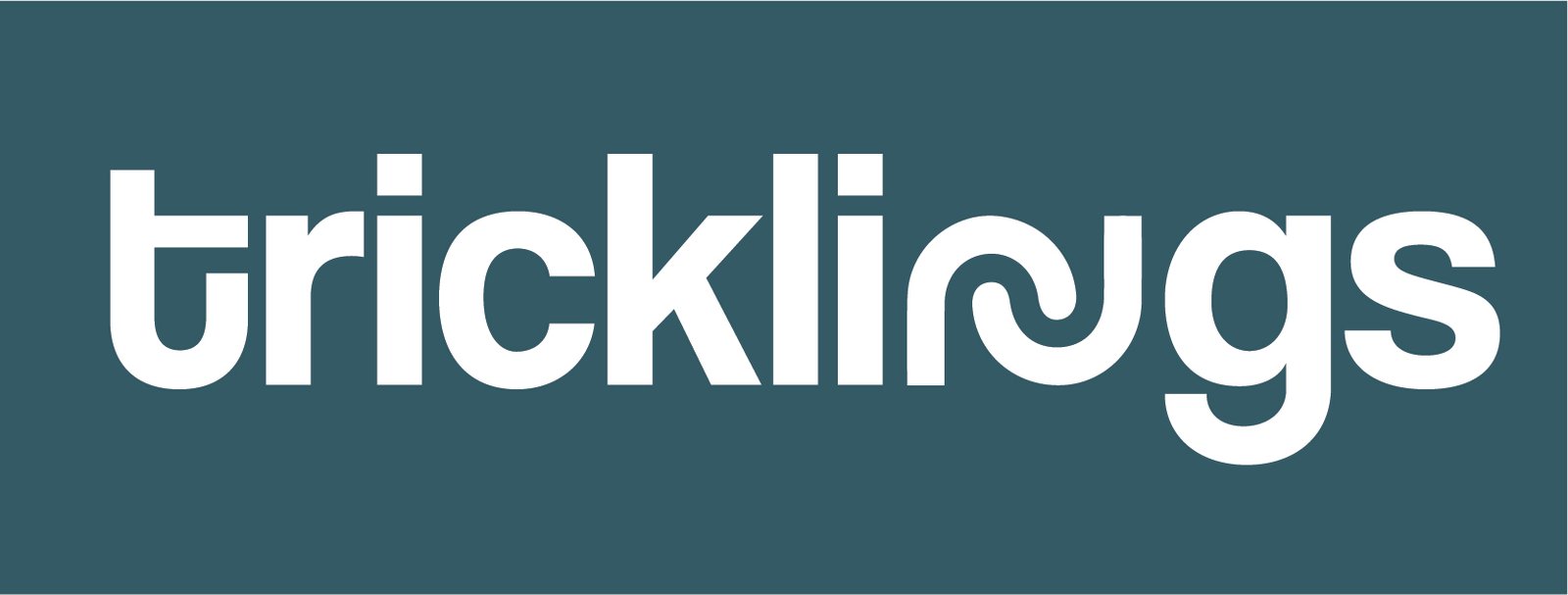Listening Smarter: The Rise of Podcast Monitoring in the Era of Audio-First Media

The advent of podcasts has totally changed the manner in which people access information, stories and news. By 2025, podcasts represent not only a source of entertainment but also one of the most influential tools to use in terms of branding, influencing people, and storytelling. Now that any listener is more and more a subscriber to on-demand audio, companies and media practitioners are considering Podcast Monitoring Solutions to know what is being said, by whom and how it affects their brand or industry.
The newest path of media intelligence is podcast monitoring, which is an audio analytics, speech recognition, and sentiment tracking tool that analyzes millions of hours of verbal content to help convert it into actionable information.
The Reason Podcast Monitoring is Important in the Modern Media
In a world where someone can be good or bad in a few words, it is no longer a choice to monitor what is said in the podcasts. The podcasts are affecting the population, purchasing choices, and political discussions.
Modern Podcast Monitoring Services make it possible to identify mentions, sentiment and watch topics across thousands of podcast episodes, allowing brands, PR agencies and analysts to determine who is talking about them. As an illustration, a company may swiftly determine whether its CEO was covered in a tech podcast or whether its rival product was one of the ones featured on a trending business program.
Such insight enables the decision-makers to respond more quickly, coordinate marketing strategies and predict trends in the industry – all real-time.
The Technology of Podcast Tracking
The Podcast Tracking is based on an interplay of AI-driven technologies, including:
- Speech-to-text translation: Turns audio data into a searchable text.
- Natural language processing (NLP): Tone, emotion and context interpretation.
- Machine learning models: Discover trends in the dynamics of topics.
With these technologies, Podcast Monitoring Tools can also understand not just what is being said, but also how it is being said. They are able to distinguish positive buzz, criticism, or neutral coverage and give organizations a 360 degree picture of the attitude of the people.
This type of audio intelligence is particularly useful in industries such as finance, entertainment, politics and technology where thought leadership and opinion make the markets and minds move.
Monitoring Podcasts in the Media Intelligence System
The podcasts do not exist as solitary entities in the digital world, as they are the components of a bigger digital discourse. That is the reason why Podcast Monitoring Platforms are being more and more incorporated with Media Monitoring Solutions and social listening tools.
Indicatively, when a company is mentioned during a podcast, it leads to some activity following this mention on Twitter, LinkedIn, or YouTube. By combining Twitter tracking and podcast tracking, the brands will be able to notice the development of a single discussion in a podcast into a social media trend.
This is a holistic perspective of audio, video and text based content, which is the real strength of modern media intelligence. It allows the brands to view not only the message being relayed, but also the spread of the conversation and how it affects the sentiment of the audience across the channels.
Industrial applications Applications Applications in Industries
1. Brand Management:
Firms can track brand mentions in both business, technology or lifestyle podcasts to gauge what people think and adjust PR tactics.
2. Market Research:
Through conversation analysis of products or services, marketers are able to know the needs that are not fulfilled and the emerging opportunities.
3. Political and Social Analysis:
The podcast monitoring can help governments and NGOs to monitor narratives, misinformation, or advocate movements that arise in audio space.
4. Media and Entertainment:
Networks are able to assess the reaction of the audience to new programs, studies on talents, or commentary by celebrities, which are added as supplementary tools of traditional media monitoring methods.
The Main Advantages of Podcast Monitoring Tools
Comprehensive Insights:
Improve text-based coverage with meaningful information of audio material.
Real-Time Alerts:
Get updated when your brand or subject of interest is referred to in a trending podcast.
Data-Driven Strategy:
Make audio analytics a reality to take as marketing, reputation management, or crisis prevention steps.
Enhanced ROI of Communication Efforts:
Determine the range and success of sponsored podcasts or interviews.
The Future of Audio Intelligence
With the growing number of podcast listeners in the world, Podcast Monitoring Services will be developed accordingly. The trends that will be provided in future platforms will probably feature predictive analytics where AI will notice trends before they become apparent in the real world.
Say there is a system that not only notifies you when your company is discussed, but also when a similar subject matter is about to get going in the audio industry. Such insights will enable the organizations to operate in advance, be it by releasing new campaigns, reacting to new problems or collaborating with influential podcast hosts.
In addition, moral aspects will be of primary importance. As technologies in monitoring continue to become more advanced, privacy of data, transparency, and responsible usage will be critical to trust in this new world.
Conclusion: Listening Smarter in 2025 and Beyond
Audiophile media needs smarter listening. Companies can now uncrack the spoken content universe with state-of-the-art Podcast Monitoring Solutions being incorporated in larger media intelligence.
Basically, podcast monitoring will change noise into story – and every discussion, every soundbite and every voice can be turned into a kind of understanding that will lead to smarter, faster and more human-oriented decisions.





















